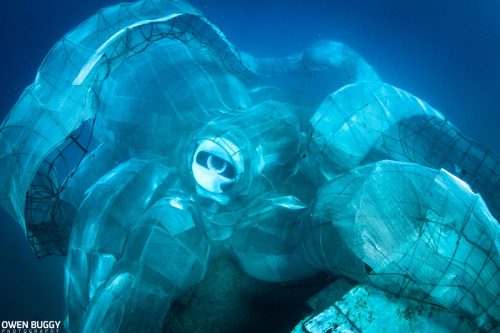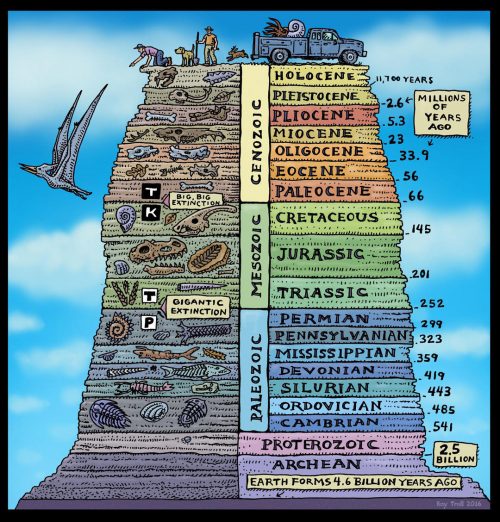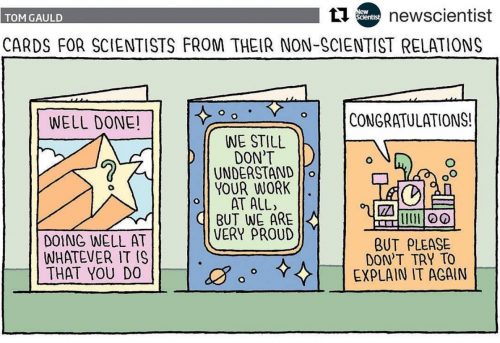This daylight savings nonsense really is a colossal waste of time.
This daylight savings nonsense really is a colossal waste of time.
I will never read it. I’ve only managed to read one chapter of one of his books before getting annoyed with his bad writing and freakish quirks. But when Brown shits out a new turd, it means the season of Dan Brown reviews is upon us, and we get another horde of appalled English majors forced to wade through the sewage and write out disbelieving summaries. Poor Matthew Walther had to read Origin, and then attempt to write a summary. If I wanted to dissuade students from going for an English major, this is what I’d show them. It’s analogous to scaring away potential biology majors by plopping down a noisome week-old roadkill in front of them and telling them to trace the major vessels of the circulatory system.
Nor, finally, would anyone who is not going out of his way to subvert the very notion of suspense as a factor that might conceivably motivate us to turn pages attempt even as a joke what must be the most banal chapter-ending cliffhanger in the history of fiction: “‘This getaway car was hired,’ Langdon said, pointing to the stylized U on the windshield. ‘It’s an Uber.'” Nor would he dream of opening the next chapter by announcing that a police officer has responded to this utterance with “a look of wide-eyed disbelief” at “the quick decryption of the windshield sticker.” Decryption! Code-breaking! Rare feats of professorial intellect, like knowing what corporate logos are! Imagine what further wonders Langdon might perform if only his creator allowed him to visit a certain international hamburger chain or glance down at the anagogic white fruit staring up from the bottom of his cellphone. (Unimprovably, Brown follows up this masterclass in symbology from Langdon by noting himself that “Uber’s ubiquitous ‘on-demand driver’ service had taken the world by storm over the past few years. Via smartphone, anyone requiring a ride could instantly connect with a growing army of Uber drivers who made extra money by hiring out their own cars as improvised taxis.”) If this guy is trying to write thrillers, then this article is actually a piece of SpongeBob Squarepants fan fiction.
It’s terrible, but you also get an inkling of why he is popular. His hero is supposed to be this super-smart, highly educated professor in some field so esoteric that no one has ever heard of it, yet he recites banalities as if they were profound. The truly stupid reader can follow this story and assemble superficial trivia as if they were insightful…as if they too were as brilliant as Robert Langdon supposedly is. If you are reading a book to affirm that you are clever enough to be able to read a book at all, then Dan Brown will pat you on the back on every page and coo reassuringly that yes, you are just as intelligent as a Harvard professor.
Start with an old barge.
Get some artists to build a steel frame superstructure in the shape of a kraken on top of it.
Then tow it out to sea and sink it to create an artificial reef.
That part’s done, now wait a few centuries for it to be populated with crusty layers of organic material.
It’s going to be beautiful. It already is!

It’s the North American Land Mammal Ages (NALMA).
If you want the bigger picture, here are the paleo ages:

Please, greeting card industry, we need these cards. But they’re also for us thick-skulled scientists who have kids doing very different things.

I’m at that age where they’d be handy to send to my children, who are doing things I don’t understand at all.
I saw Blade Runner 2049 last night. I have very complicated feelings about it — I can’t say whether I liked it or not. I mean, I liked it, but it’s not like I can say it was a fun evening, or wheee, let’s get on the roller coaster again, or gosh, I sure wish I could have one of those flying cars. It was also simultaneously unexpected and exactly what I should expect from this movie.
The trailer is not representative. It sets it up as an action movie, when it’s not. Not really.
It is remarkably slow paced. There are fight scenes, but there’s more weight in scenes of Ryan Gosling slowly walking through a bleak dystopian landscape. The Earth is a dead world, and you’re made to feel it. At the same time, there is an ongoing struggle for identity: who is human? What is human? Is that disembodied AI that is present only as a hologram a person? She shows more emotion than many of the “born” humans — Jared Leto plays the head of the evil corporation as a visionary but soulless techno-futurist — and some of the replicants are angry and passionate. Your theory of mind gets a workout in this movie. The key conflicts are all in your head.
Go into the theater in a meditative mood, and you’ll probably enjoy it. Walk in expecting a slam-bang thriller, and you’re going to leave thinking “WTF did I just see?”. Or you’ll fall asleep somewhere in the middle.
Other things of note: the imagery is gorgeously depressing. The world is a high-tech garbage heap where people scavenge like rats in the neon-lit debris. The score is amazing. It’s got echoes of the old Vangelis score, but at times it rises into this industrial howl that has you wondering whether that was music, or a sound effect? It’s effective either way. I noticed that the patriarchy isn’t dead in 2049, either — there are weird landscapes with monumental, crumbling statuary, all of nude women, and roaming the streets are multi-story glowing holograms of, of course, more naked women. I don’t think it passes the Bechdel test, either, unless two women, at least one of whom is a replicant, talking about another replicant, who just happens to be coded male, counts. There’s also a cold-blooded execution of a female replicant for having the wrong eye color, and another newly created replicant, naked, shivering, obedient, and female (of course) is casually stabbed and bleeds to death so Niander Wallace can make a point about the disposability of individuals. I get the point. It’s part of the theme of the movie. But that it is always women who get disposed of so vividly steers it in the direction of misogyny.
Don’t worry, though, lots of men get offed, too — it’s just that they tend to be masked and in uniform or blown away at a distance so you don’t have to think about their humanity. The disparity is distinct enough that I was wondering if it was intentional or just a thoughtless reflection of conventionality. Just like it had me wondering whether the characters were robots pretending to be people, or people who just happened to be robots. It’s the kind of movie where you’ll tie your brain into knots trying to think about what’s going on, and whether you’ll like it or not depends on whether you enjoy that sensation.
Unfortunately, it seems a lot of people don’t like getting their brains twisted up (which is OK, I like a good popcorn movie, too, and this is not a popcorn movie), and the box office is disappointing. I guess it might be a “disaster” or a “flop” if all you count is how many tickets it sold, so the accountants might be unhappy. All I care about is that I bought one ticket and got personally challenged for a few hours by a movie with high ambitions.
On a more personal level, though, oncologist ought to be on the far right, with obstetrician not far behind. When your cancer or your pregnancy makes the local news,
time to panic.
It must be Christmas. Got a pile of packages in the mail all at once today, including some lab stuff (not shown).

I’m looking forward to Twilight of the Gods (maybe this weekend, if I’m a good boy and get my grading done), but does anyone know anything about the Theodora book? I’m always up for learning about Byzantine empresses, but this is one of those things where I didn’t request it, a prescient publisher just thinks I should take a look at it.
Judging by the enthusiastic reactions I’m seeing online, my opinion of Star Trek: Discovery is not going to be a popular one. I didn’t like it. Didn’t like it at all.
I don’t think these are spoilers, but just in case, it’s going below the fold.
